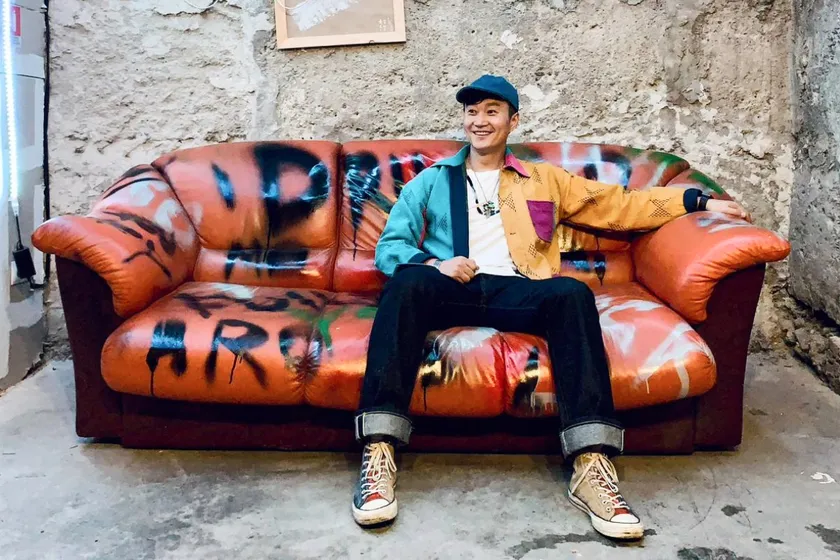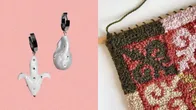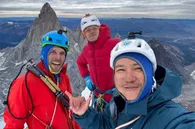It’s been nearly a decade since back in the day unknown artist and future entrepreneur Chihoon Jeong visited Central Asia for the first time. Seven local restaurant businesses later, the Almaty-based entrepreneur launched a modeling agency, produced several art projects, and became a family man.
However, his life before it all was not exactly idyllic. Like most people, he struggled to find his place in the world, which led him to step out of his comfort zone and start a new chapter of his life at the age of 27 by enrolling at a university in the USA. Comfort became his greatest nemesis ever since. Instead, chaos naturally entered his artistic lifestyle — whether it be overcoming language barriers in a foreign country, dealing with typical Asian family expectations, coping with financial pressure back then or, more recently, facing business-related problems like the blaze in his restaurant that could have sustained severe damage.
Doing business overseas has never been easy, but with authenticity, creativity and grit, Chihoon is doing it on his own, ‘artepreneurial’ terms, and nowhere close to stopping.
Chihoon Jeong sits down with QazMonitor to discuss challenges, career change, and what to expect from Flask – the biggest creative specialty coffee shop in Almaty.

Tell us about your ‘artrepreneurial’ journey
Everything started in NYC, where I was a struggling visual artist, working 4 different jobs. Once I asked a well-known artist there how to become really successful in this industry. He told me, ‘If you want to be a successful artist, you have to develop a business mindset. If you want to be an outstanding businessman, you must have an artistic mindset’. At first, I playfully doubted my entrepreneurial inclinations, but I already had an inherent creative mindset. The idea of setting up a business came to my mind at this very point.
Later I realized I can't really focus on things that I don’t love, just to generate profit. I strongly believe business is not about money, it’s about solving problems. I define business as a creative solution. This is my approach. I always see all my projects — Flask, Chicken Star, a modeling agency, or ballet — as a form of art. I’m doing business with an artistic spirit. That's why I decided to call myself Artepreneur – Artist + Entrepreneur.
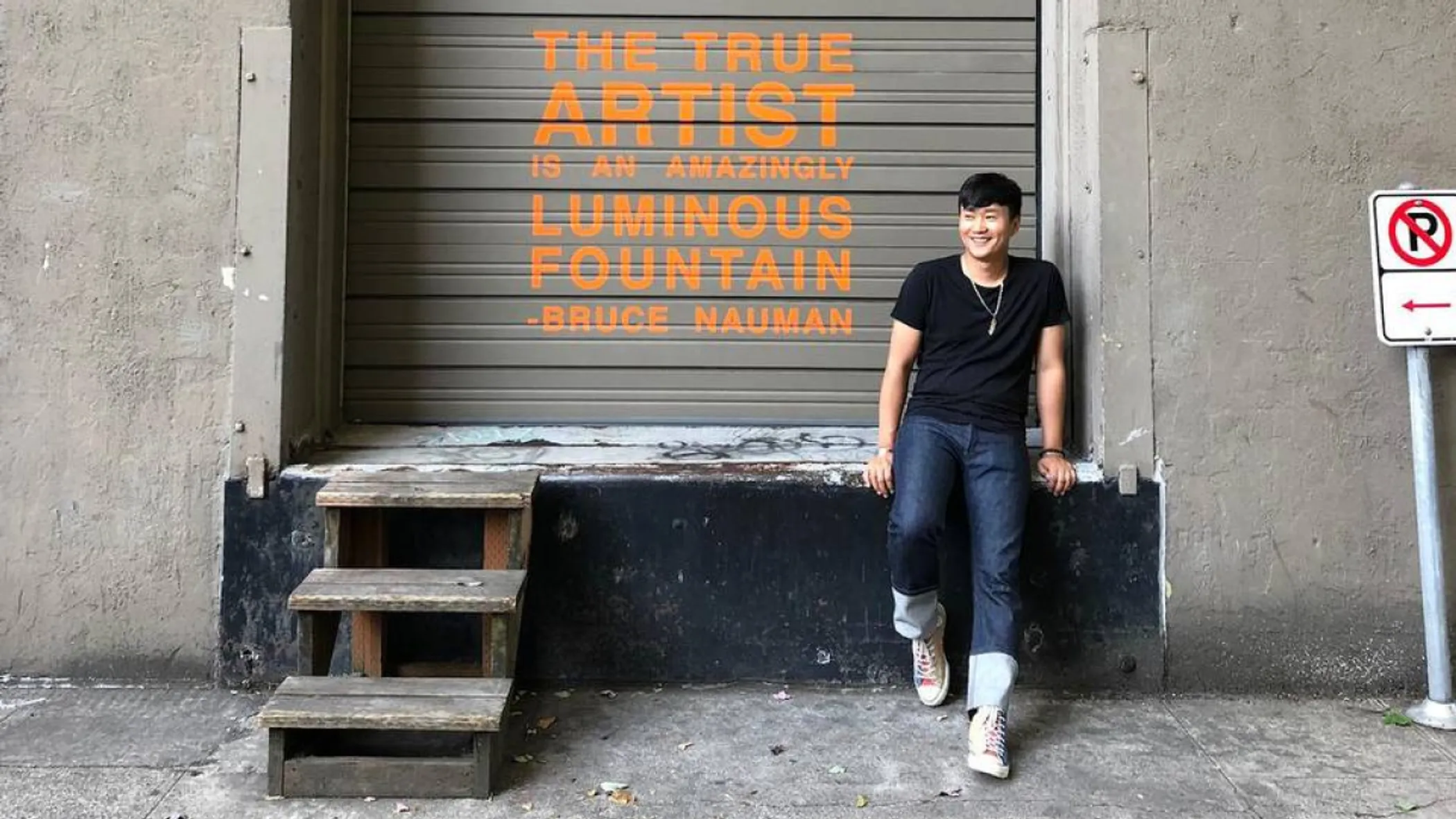
Do you consider your career switch had a smooth transition?
It was pretty easy. The key lies in my hunger for knowledge and new experiences. Even my Instagram nickname — exorotic — originates from a theory which means ‘exotic becomes erotic’. People are attracted to the unknown, something you are not familiar with. You can’t sell green bazaar photo to Almatians, right? But New Yorkers would buy it, because it’s relatively exotic for them.
The main focus during that moment was not my career, but rather what I’m going to experience. I was just traveling to Kyrgyzstan, a very unique country I have never heard of. I thought, ‘Even If I fail [in business], I’m going to learn something — the language, the culture, the people’.
On the other hand, there will always be challenges. At the outset of my career as an entrepreneur I bumped into many complications: I was navigating through financial struggles, we experienced fire two-three times, I opened the biggest investment restaurant 9 months before the pandemic and then had to close it.
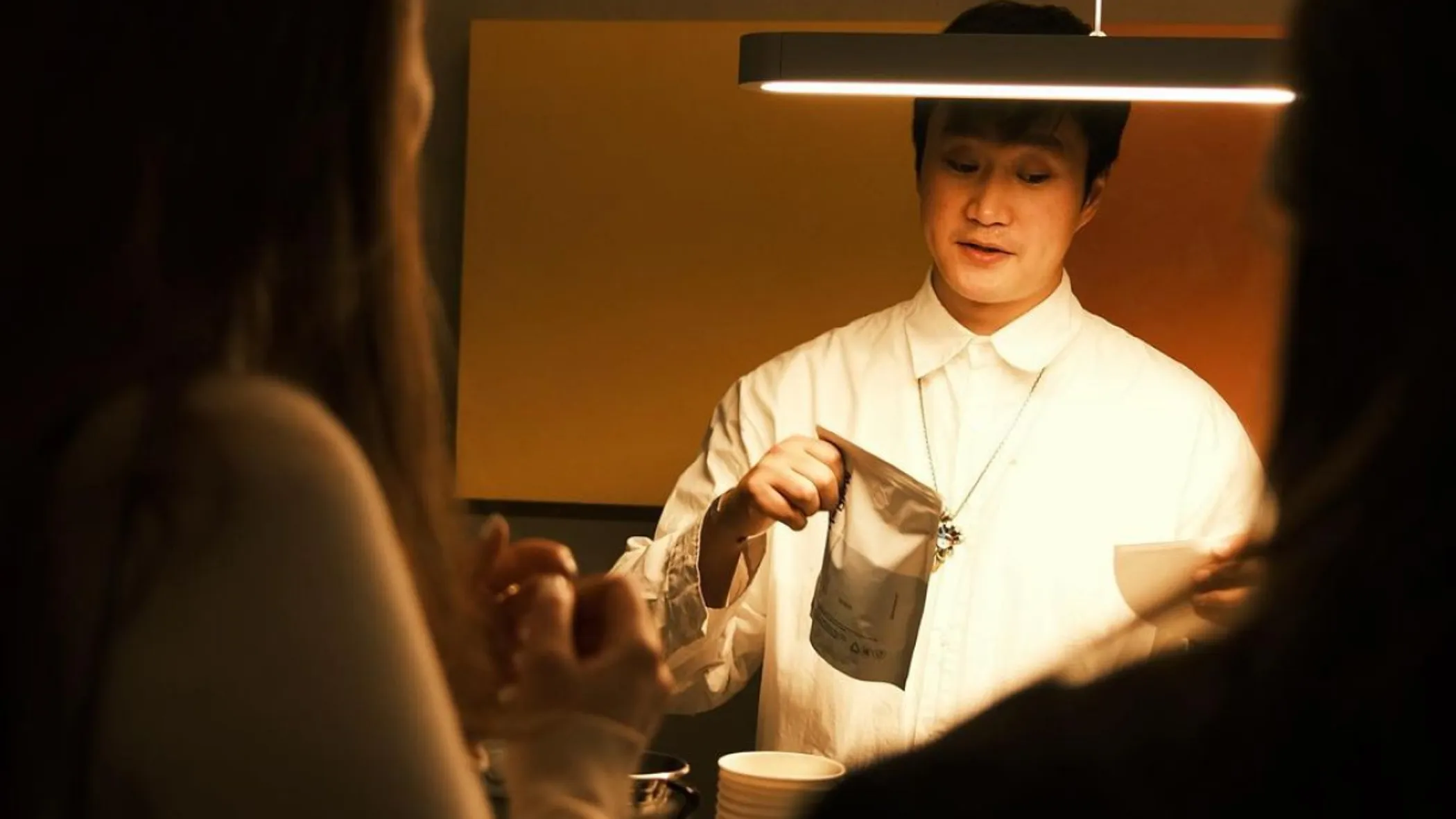
France, Argentina, the States, Kazakhstan, Kyrgyzstan. You’ve lived around the world. What place has turned your mind upside down? Maybe opened something new for you?
Actually, it’s not some place, it’s a decision to leave Korea at almost 28, without knowing proper English. As a person who lived in bubbled, very typical competitive Korean environment, where everyone had to face the pressure of a deadline for success, putting myself in such a diverse community, like in the US, was an eye-opening experience. Those 3-4 years of my life drastically changed me, and gave confidence to express myself freely.
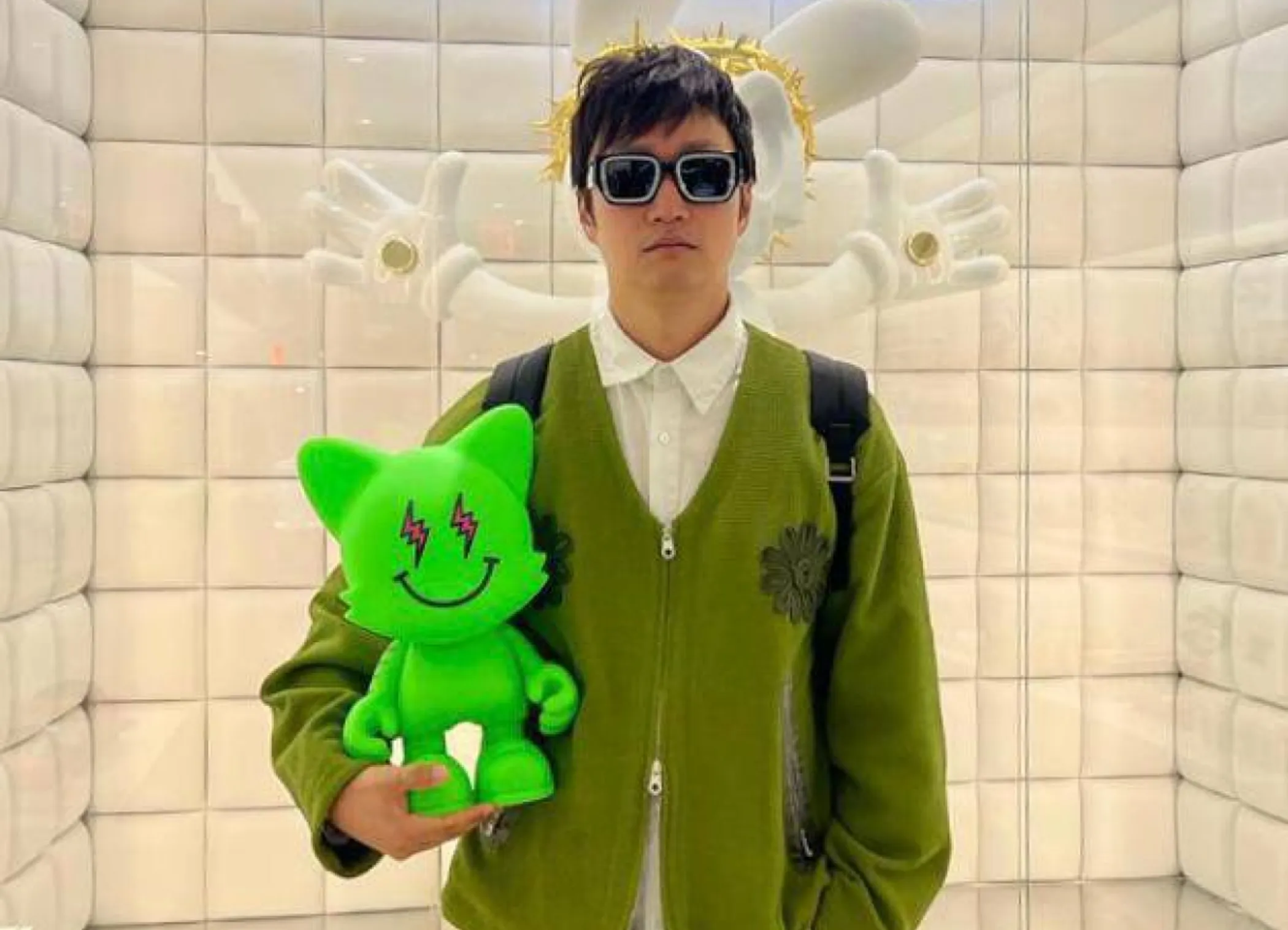
What were the biggest challenges you faced while running a business in Kazakhstan and Kyrgyzstan at the beginning?
The biggest challenge was actually inside of me. I used to blame my staff’s attitude and laziness. I tried to send them to certain training, to develop their weakness. Invested so much time and energy, while someone just couldn’t take it and left. Later it struck me, I tried to transform their weakness, instead of focusing on their strengths.
Apparently, it was all about me putting people in a very wrong position. I assume, emphasizing the downside is all about the Korean side of me. I should have empowered everyone like, ‘Wow, you are really good at this! Keep up!’. This kind of words is something my staff really needs at the end of their shift. This is something I need sometimes, too. So I changed my perception and transformed myself rather than waiting for somebody to be changed. It was more of an inner struggle.
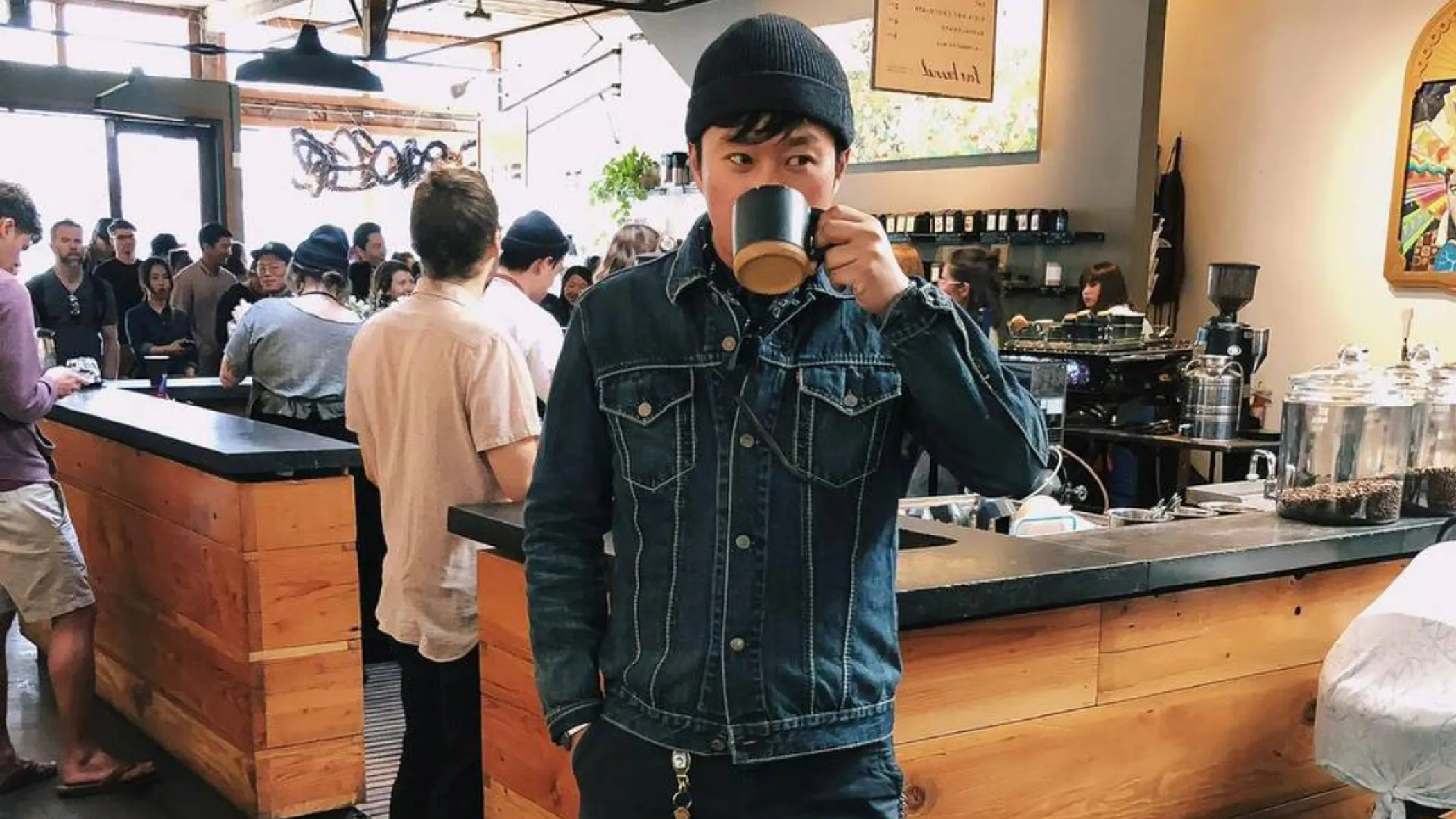
So your biggest asset in business is people, right?
Absolutely! Otherwise, how can I freely travel, while some of my businesses run themselves? I generally have a hands-on approach, but sometimes I feel like I do nothing there. It’s all about my people — menu renewal, event management, finance, supply, HR.
All the managers are my former baristas and waitstaff. I’m always concerned about raising the bar, helping people grow while they work for my company. So, by the time they leave, I want them to get a better opportunity. I don’t expect them to be here forever.
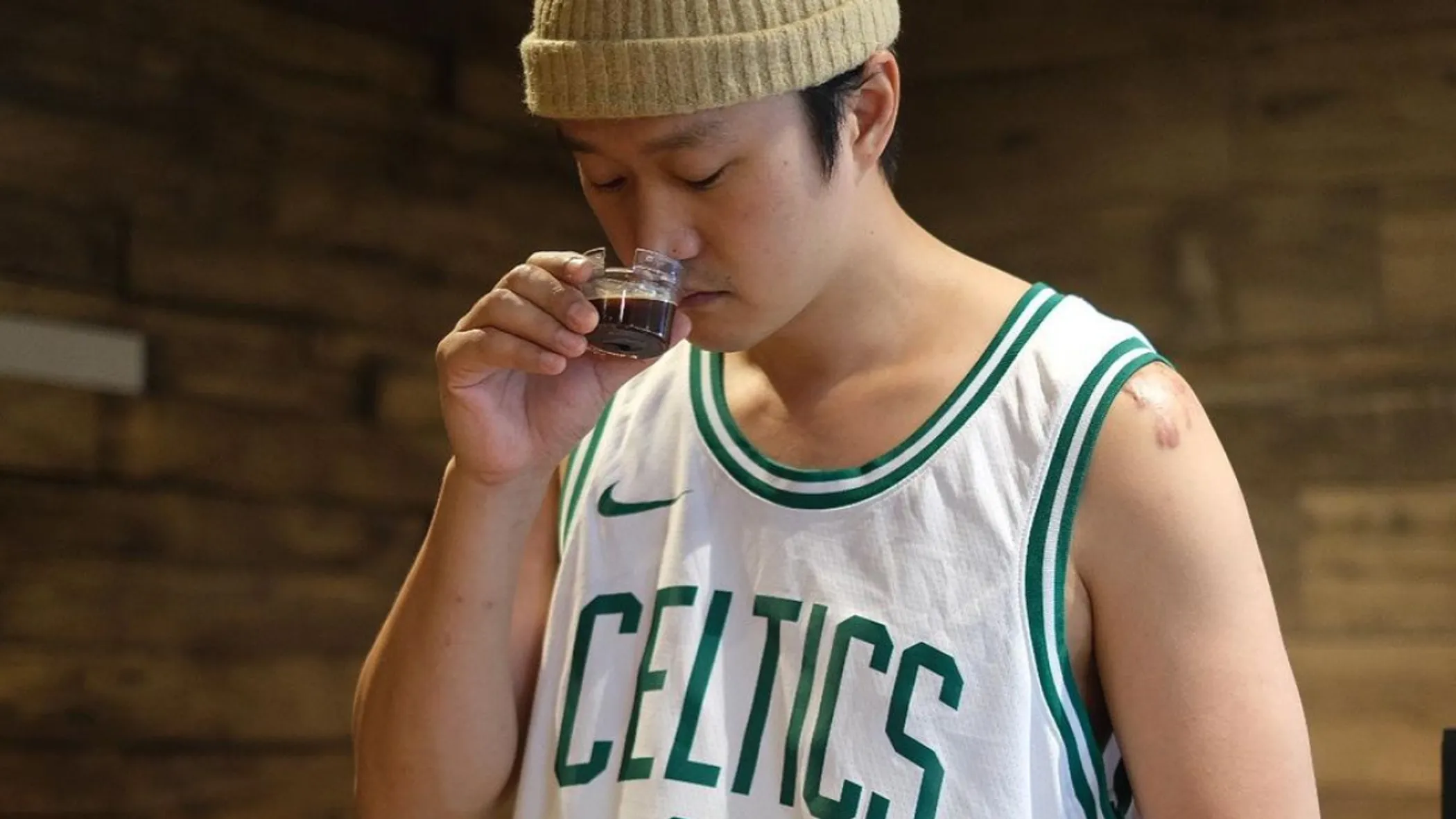
So, you found your niche of art cafes and creative specialty coffee shops in our country. By what means does this concept stand out from the rest?
I want Flask to be the global standard, high-end coffee shop. Now my goals are stretching beyond art and business. I want to cultivate the unique taste of specialty coffee. So last month I was on an origin trip to Panama and Colombia visiting big coffee producers in the game. We plan to open the roastery, import directly from the producers we know, roast beans in our style and sculpt the perfect brew. Also, it’s important to optimize the stages of the coffee supply process to provide sustainability and transparency for our guests, because too many steps affect the quality and price of coffee.
The concept of Flask is all about transparency, like a science glass per se. It is the key, because coffee industry is one of the very trickiest industries: people fake documents, hide information, suppliers have no idea where beans come from. Instead, we would like to share the story and philosophy behind coffee production.
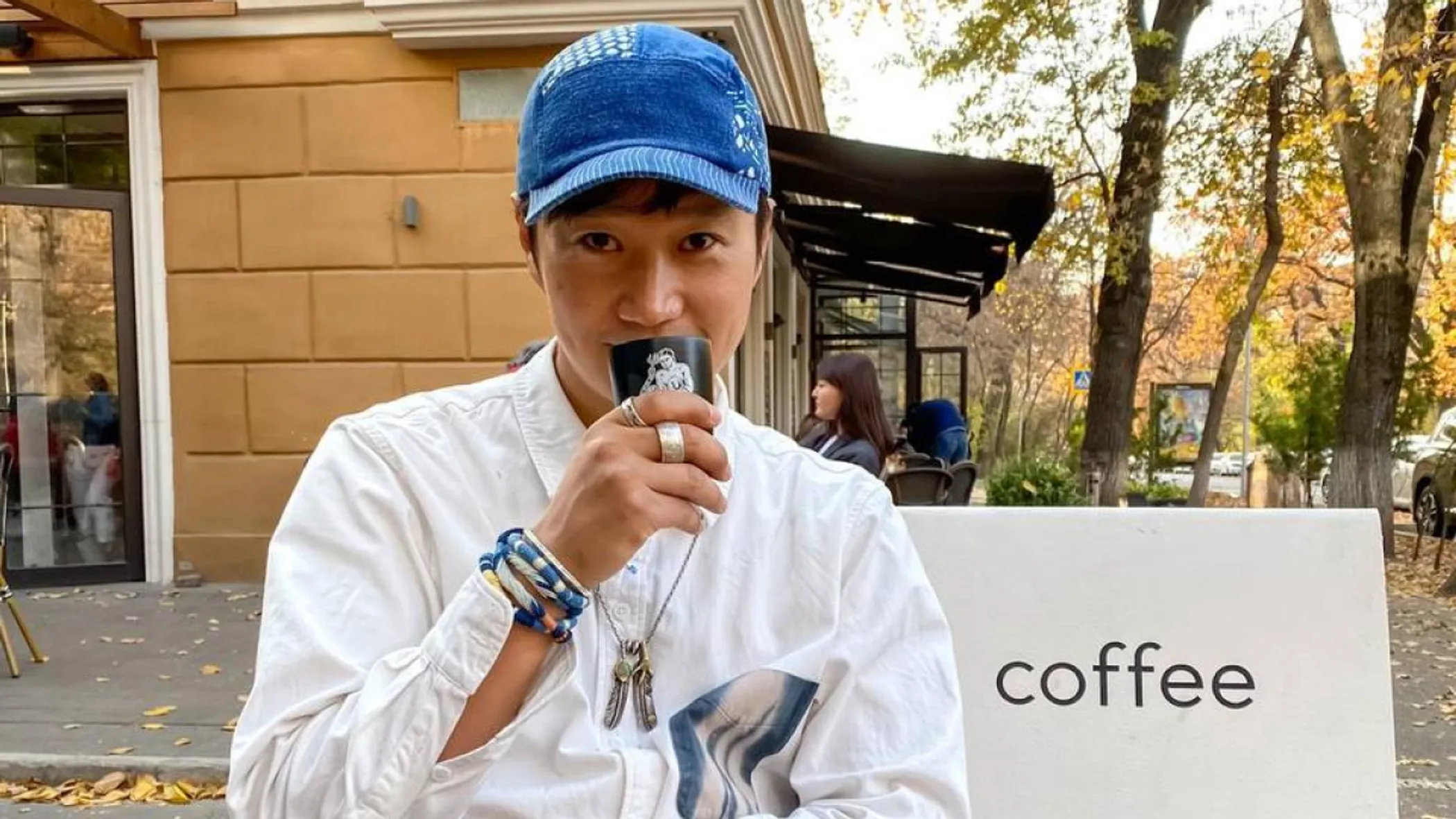
So your aim is to elevate and upgrade the taste of the local coffee community?
Yes, we focus on our community and how we can give them a better experience. Two weeks ago we brought Benjamin Tan, one the best coffee experts in the world from Singapore, to represent their beans in our bar as part of a pop-up collaboration event. In July we plan to invite the 2021 World Champion to Kazakhstan, which never happened before.
Do the benefits outweigh all the costs?
So it’s a losing business, because we cover [our partners’] plane tickets, accommodations and share 60% of the profits. By pushing boundaries, we introduce our market to our guests, and our community.
One of the biggest coffee lots I purchased this year was Panama Bouquete — $695 per kilo. Everything is organic and hand-picked, no defects or cracked beans. Can we make money out of this? No. But representation is important. Flask isn’t a big company with the capital. We don’t have enough money to invest in a bigger luxurious coffee shop. However, we could be different. We have creativity and a network.
What are the best and the worst parts of your job?
The best part is meeting people and finding solutions I am happy with. The sad part is that I don’t get to see my family very often. My wife and son sometimes stay at home while I have to travel by myself. I miss them a lot. That’s part of my job and I accept it.
Do you have a super busy, crazy entrepreneurial daily routine?
No, I’m actually horrible at that. [laughs]
What mentally recharges you?
I like to socialize with people. That’s why lot of people think that I’m so extraverted. But at the end of the day my favorite activity is sitting at my desk, doing coffee, writing in my journal, doing some artwork and spend time with my family. As a balance to everyday chaos, something that brings me back to happiness is my wife and son. You hardly see me going out on Friday or Saturday night. [laughs]
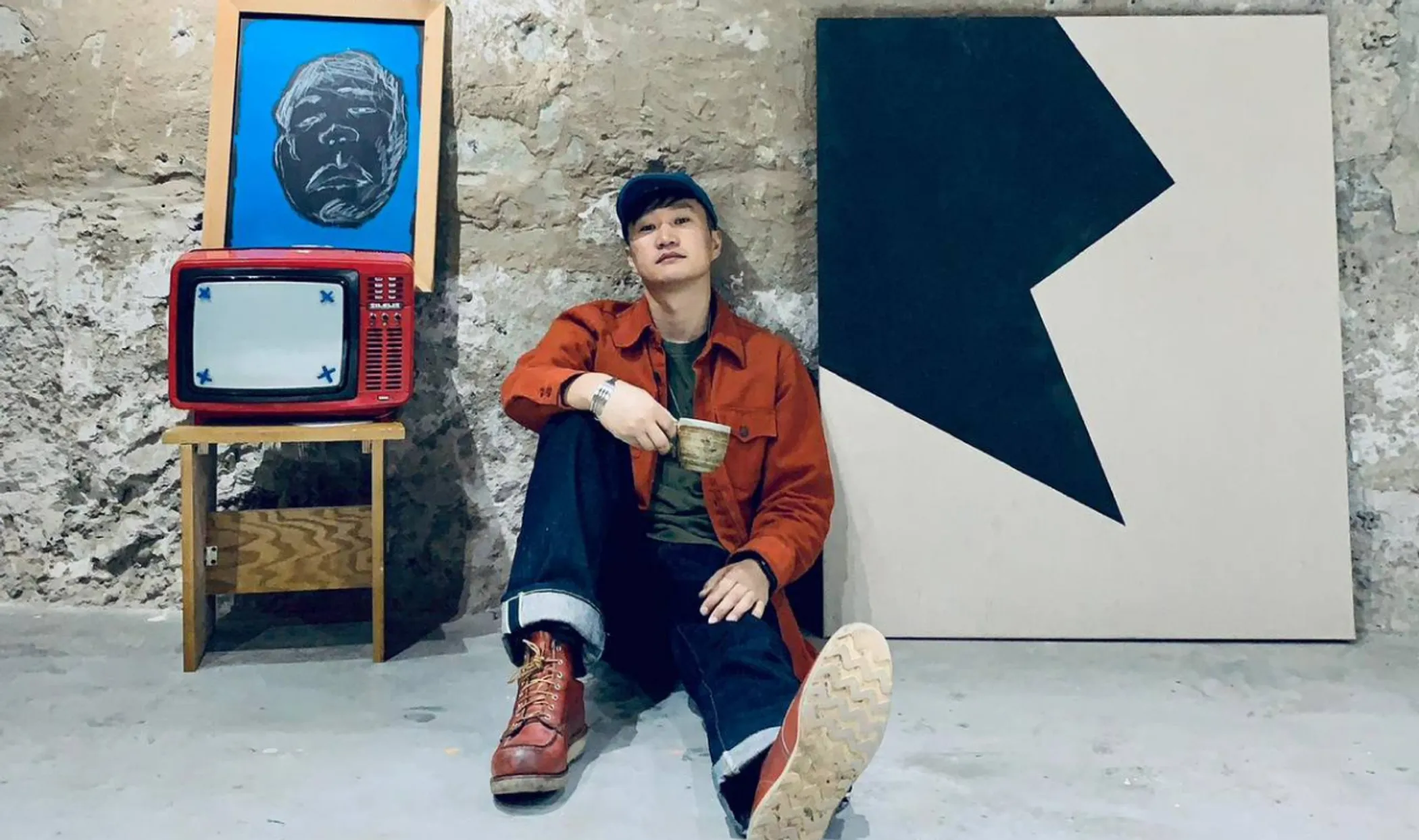
What advice would you give to young entrepreneurs of Kazakhstan?
Find the clear reason, why you do the business. Ask the same question, until you can’t say ‘why’ anymore. That one sentence can build your vision. This mindset helps new entrepreneurs to overcome challenges. Don’t fixate on making money only, think about finding solutions.
